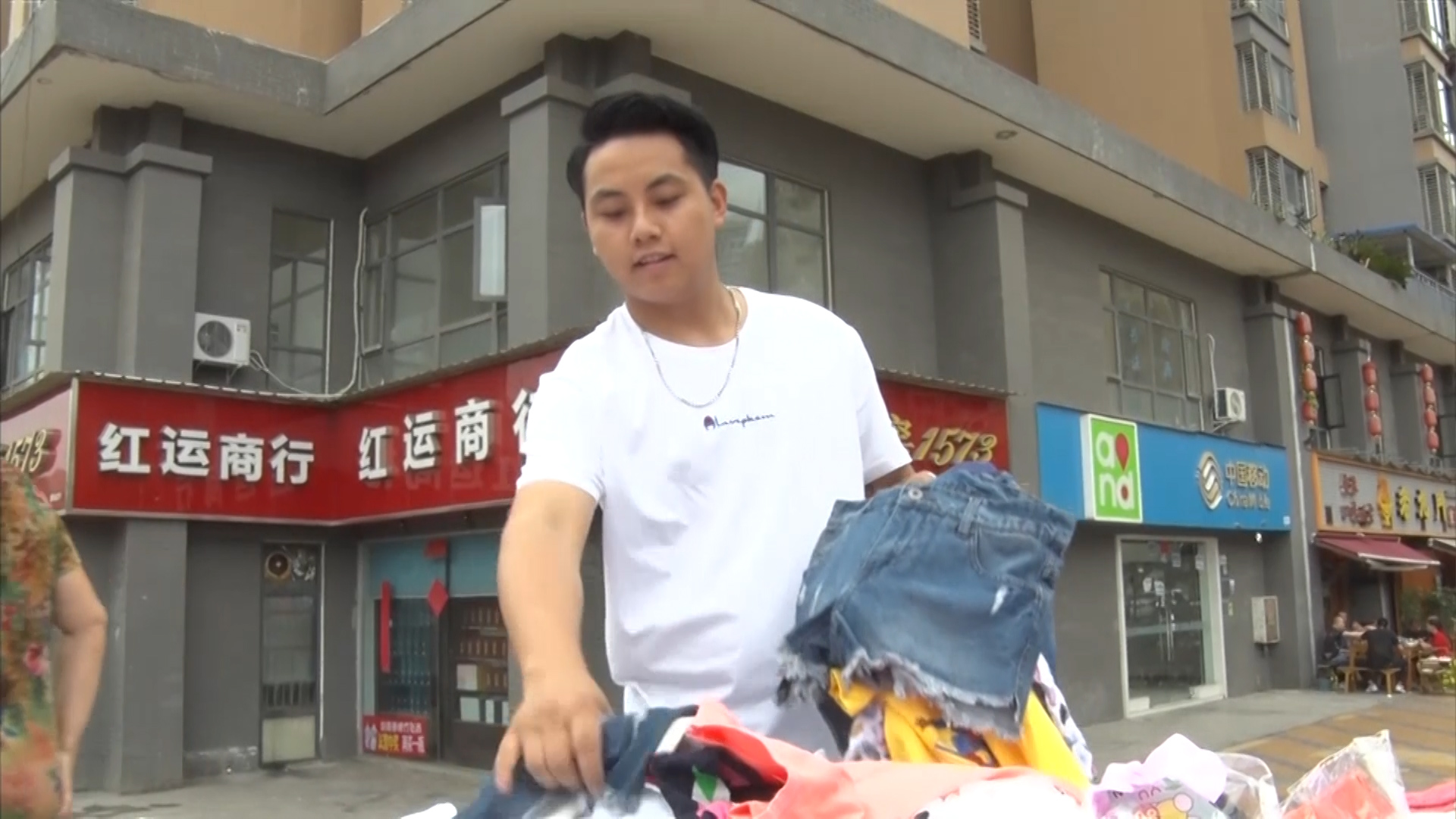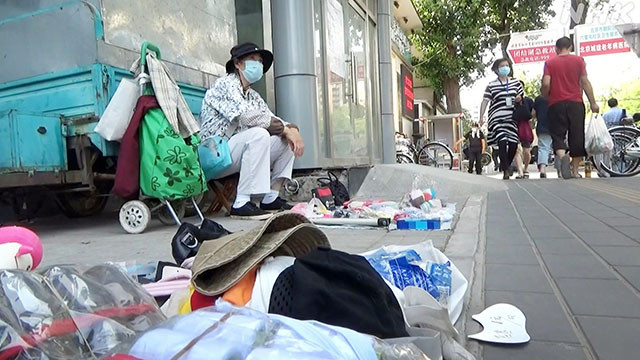In the city of Chengdu, the authorities have significantly eased restrictions on street vending since March. Su Qian is one young entrepreneur who has made the most of the changes. He sells children's clothing and on a good day brings in several hundred dollars -- a sizable figure in a city where the monthly minimum wage is around $250.
Su says he arranges his stock in an arbitrary way so customers will spend longer browsing, helping the stall look popular. He also live-streams the scene from his smartphone to attract more customers.
People have travelled long distances to learn from Su's success. Now he's making it easier for them by sharing his tips on social media. He currently has more than 300,000 followers.
Many are young people who have lost their jobs because of the coronavirus and are considering becoming street vendors because the start-up costs are so low.
"Market stalls allow unemployed people to create jobs, support themselves and increase their income," Su says.

Premier Li Keqiang has been a vocal advocate of bringing the street vendors back. In a news conference after the National People's Congress on May 28, he cited Chengdu as a model, saying the city created 100,000 jobs overnight by setting up space for 36,000 street stalls. Four days later, he inspected stalls in Shandong Province and said street vending is "a key resource of employment" that anyone can start and make money from quickly.
But not everyone shares his enthusiasm. Chinese media say nearly 30 cities have been promoting street vending, but the restrictions remain firmly in place elsewhere. Beijing's urban management agency is still cracking down on street stalls, and an article on state-run CCTV's website called that position "rational" and warned that street stalls can upset the "delicate embroidery" of a city.
The Communist Party-affiliated Beijing Daily newspaper has called the stalls "unfit" for the city, claiming they cause traffic jams and littering.
But one vendor in her 70s says she'll keep running her stall in Beijing because her pension isn't enough to make ends meet.
"I pack up my stall and leave as soon as I spot a patroller," she says. "The authorities should have some consideration for people like me who are struggling to make a living."

